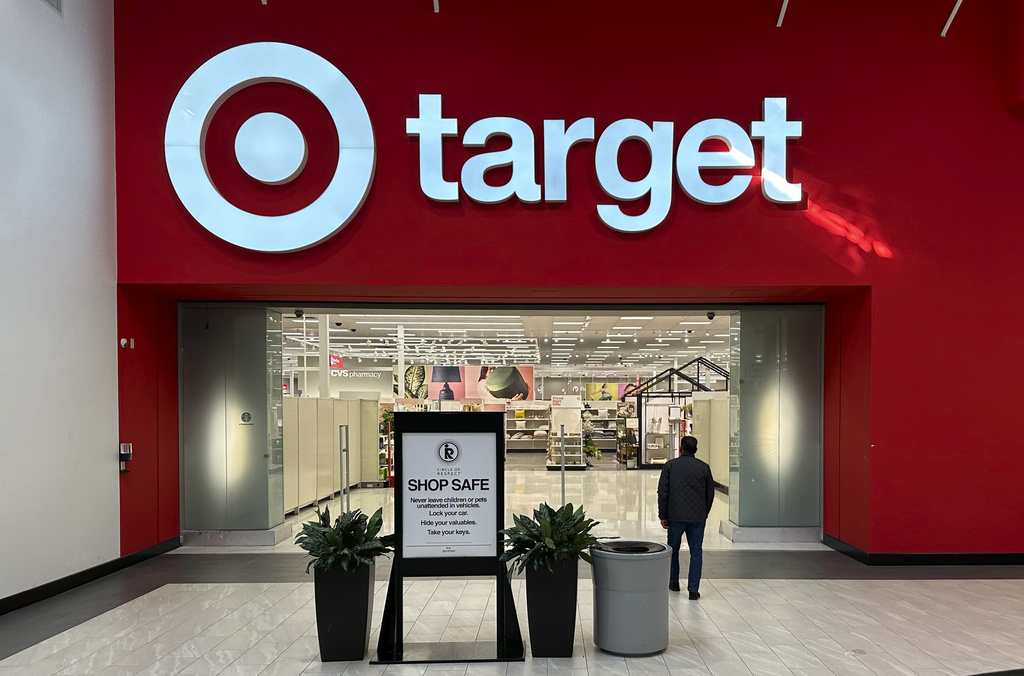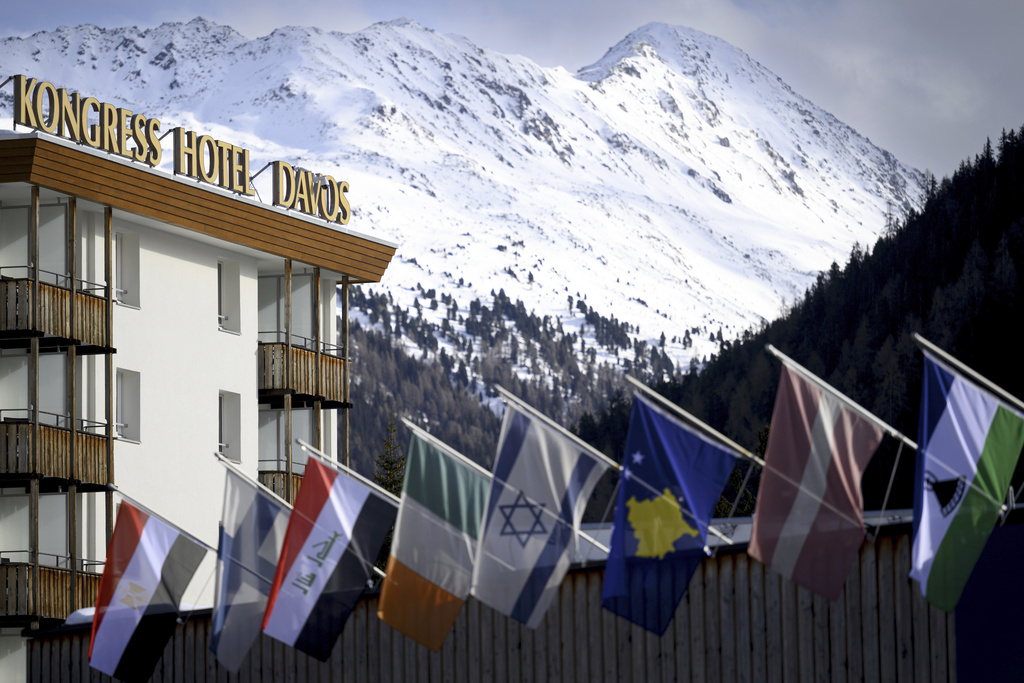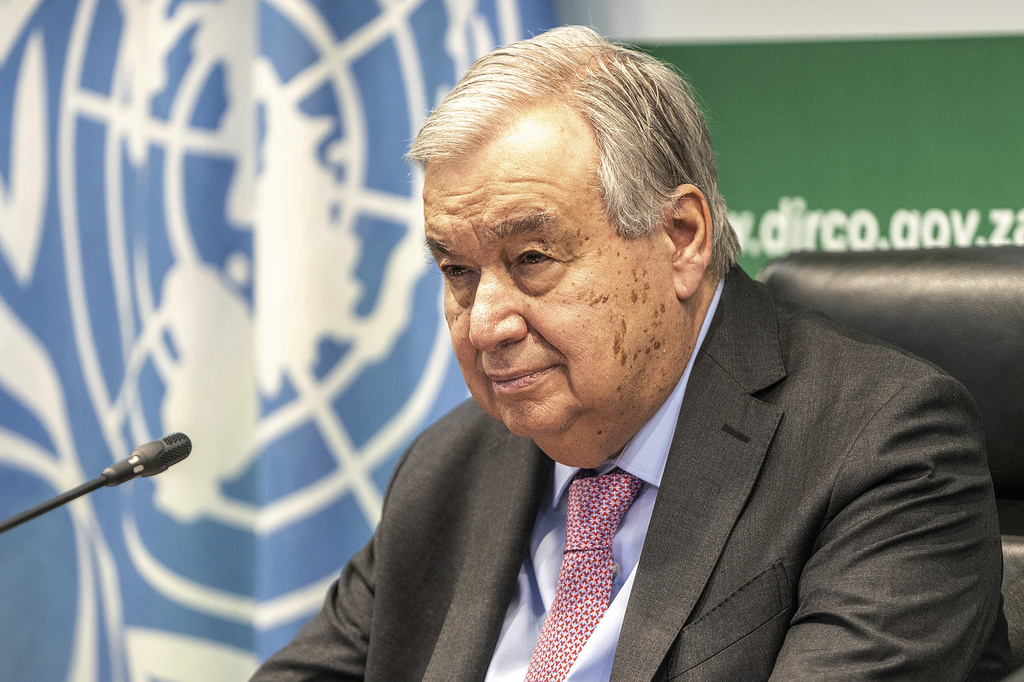Read time : 4 mins
Level : Intermediate

By ANNE D’INNOCENZIO AP Retail Writer
NEW YORK (AP) — Discount store chain Target said Friday that it would join rival Walmart and a number of other prominent American brands in scaling back diversity, equity and inclusion initiatives that have come under attack from conservative activists and, as of this week, the White House.
The Minneapolis-based retailer said the changes to its “Belonging at the Bullseye” strategy would include ending a program it established to help Black employees build meaningful careers, improve the experience of Black shoppers and to promote Black-owned businesses following the police killing of George Floyd in 2020.
Target, which operates nearly 2,000 stores nationwide and employs more than 400,000 people, said it already had planned to end the racial program this year. The company said Friday that it also would conclude the diversity, equity and inclusion, or DEI, goals it previously set in three-year cycles. Continue reading




